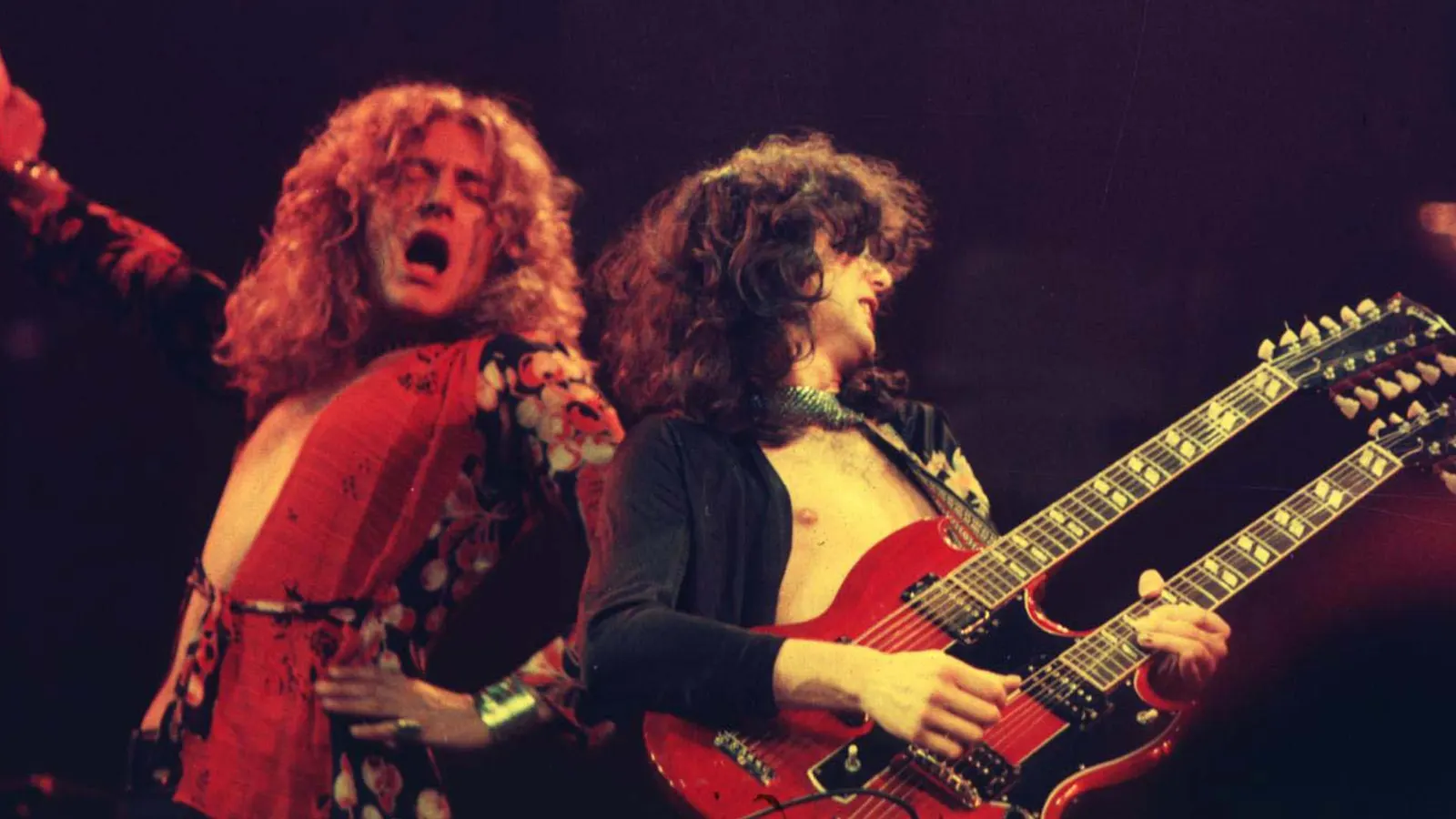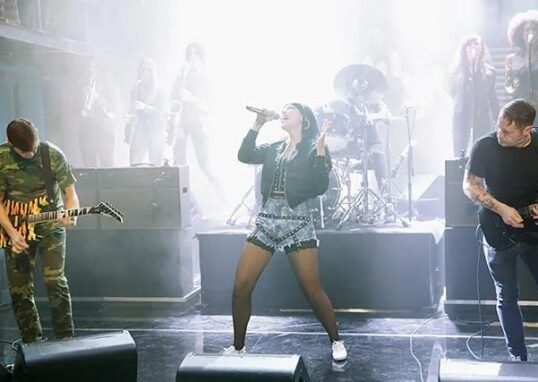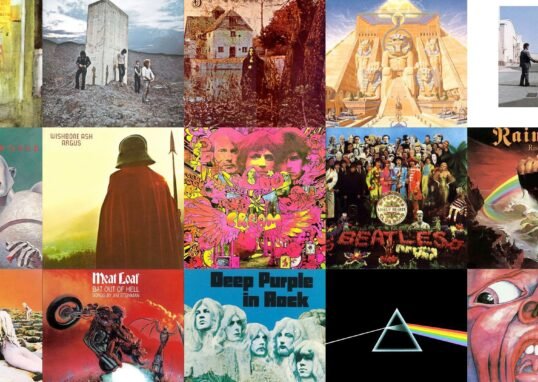
Rock music has long been a powerful medium for addressing social issues, providing a voice for protest, activism, and societal commentary. From its rebellious beginnings in the 1950s to its role in modern social movements, rock music has consistently challenged norms and highlighted pressing social concerns. This blog post explores how rock music has engaged with social issues over the decades, illustrating its impact on societal change and its role in amplifying voices that demand reform.
The Early Days: Rock as a Tool for Rebellion
1950s: The Birth of Rock ‘n’ Roll and Social Change
In the 1950s, rock ‘n’ roll emerged as a revolutionary force in popular music. Artists like Chuck Berry and Little Richard pushed against racial and social barriers, using their music to challenge segregation and promote integration. The genre’s origins in African American communities and its subsequent mainstream success were a testament to its potential for social impact. Songs like Berry’s “Johnny B. Goode” and Richard’s “Tutti Frutti” not only showcased musical innovation but also symbolized the breaking down of racial barriers in a divided society.
1960s: The Protest Era
The 1960s were marked by social upheaval, and rock music became a significant vehicle for protest and activism. The Vietnam War, civil rights movement, and countercultural shifts inspired a wave of politically charged music. Bob Dylan’s “Blowin’ in the Wind” (1963) and “The Times They Are a-Changin'” (1964) became anthems for civil rights and anti-war activists. Dylan’s poignant lyrics questioned societal norms and called for change, making his music synonymous with the era’s social and political activism.
The Beatles, with their 1967 album “Sgt. Pepper’s Lonely Hearts Club Band,” also tapped into the zeitgeist of social change. The album’s innovative sound and cover art reflected the psychedelic and countercultural movements, challenging traditional norms and embracing new social ideals.

The 1970s and 1980s: Rock’s Role in Social Commentary
1970s: Music and Political Activism
The 1970s continued the tradition of using rock music for social commentary. Bands like The Clash and artists such as Bruce Springsteen addressed issues like economic disparity, political corruption, and workers’ rights. The Clash’s “London Calling” (1979) tackled themes of social decay, political disillusionment, and anti-imperialism, reflecting the band’s commitment to addressing global issues through their music.
Springsteen’s “Born to Run” (1975) and “The River” (1980) offered a raw portrayal of working-class struggles and the American dream’s disillusionment. His storytelling provided a voice for those affected by economic hardship and societal challenges.
1980s: The Rise of Protest Rock
The 1980s saw the rise of protest rock and socially conscious music. Artists like U2 and Midnight Oil used their platforms to address global issues. U2’s “Sunday Bloody Sunday” (1983) highlighted the violence of the Troubles in Northern Ireland, while Midnight Oil’s “Beds Are Burning” (1987) focused on Aboriginal rights in Australia.
The genre also saw the emergence of the “We Are the World” (1985) charity single, featuring a supergroup of rock stars united to address the Ethiopian famine. This collaboration exemplified how rock music could mobilize artists and fans alike to support global humanitarian efforts.
The 1990s to Present: Rock Music and Social Movements
1990s: Alternative Rock and Social Commentary
The 1990s brought alternative rock to the forefront, with bands like Nirvana, Rage Against the Machine, and Pearl Jam using their music to comment on societal issues. Nirvana’s “Smells Like Teen Spirit” (1991) became an anthem for a generation disillusioned with consumerism and societal expectations. Rage Against the Machine’s self-titled debut album (1992) was a powerful critique of corporate greed, police brutality, and political corruption.
Pearl Jam’s activism extended beyond their music, as they used their platform to fight against ticket scalping and advocate for social justice, demonstrating rock’s continued role in activism and advocacy.
2000s and Beyond: Rock Music and Modern Issues
In the 2000s and beyond, rock music continued to address contemporary social issues. Bands like Green Day and Muse tackled topics such as war, environmentalism, and political corruption. Green Day’s “American Idiot” (2004) was a critical response to the political climate of the early 2000s, particularly the Iraq War and the presidency of George W. Bush.
Muse’s “Uprising” (2009) and “Resistance” (2009) albums explored themes of political resistance and rebellion against oppressive regimes. These examples illustrate how rock music remains a relevant and powerful medium for social commentary and activism.
Conclusion
Rock music has a rich history of addressing social issues, from challenging racial segregation to protesting wars and advocating for human rights. Its evolution over the decades reflects broader societal changes and the genre’s adaptability to contemporary issues. Through its powerful lyrics and innovative sound, rock music continues to serve as a voice for those advocating for social change, proving that its impact extends far beyond the realm of entertainment.





